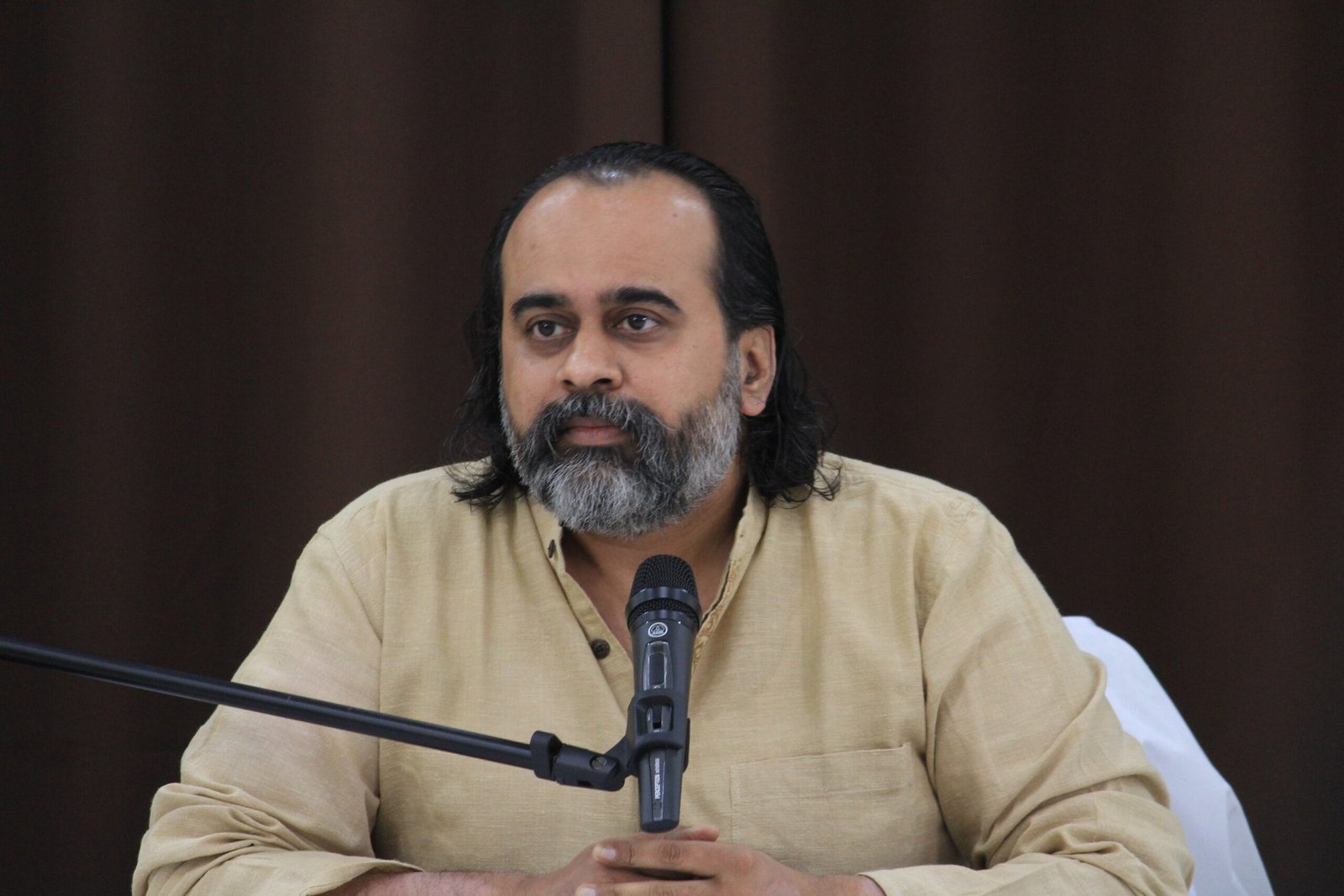
Acharya Prashant’s Views on Veganism and Meat-Eating Practices
Acharya Prashant, a renowned Indian philosopher and advocate of conscious living, offers profound insights into the ethical considerations surrounding veganism and meat-eating. He emphasizes that the core issue is not merely about what one consumes, but rather the state of mind and consciousness with which one engages in any activity, including eating. According to Acharya Prashant, true awareness and love are the guiding principles that should influence our dietary choices.
Acharya Prashant points out that both animals and plants experience pain, but the act of eating should not be judged solely on the basis of inflicting pain. Instead, the focus should be on the individual’s consciousness while performing the act. If one can consume meat with love and without inner violence, it is not inherently wrong. However, if the act of eating meat is driven by violence and aggression, it reflects a deeper problem within the individual’s psyche.
He challenges the common argument that vegetarianism inherently makes a person more compassionate. Acharya Prashant argues that one can still harbor violent tendencies even if they abstain from meat. The key is to be mindful of one’s actions and motivations. He stresses that living with awareness naturally reduces the inclination to cause unnecessary pain, whether to animals or plants.
Acharya Prashant also highlights the unavoidable nature of some forms of violence. Even vegetarians inadvertently cause harm to living beings while walking or breathing. He suggests that one should strive to minimize harm to the extent possible. While some level of violence is inevitable, it is possible to live without consuming animal products like chicken or goat meat. He asserts that exploiting animals for food is unnecessary and driven by human desire rather than necessity.
Regarding the dairy industry, Acharya Prashant criticizes the practice of artificial insemination and the subsequent exploitation of cows. He explains that dairy farming often leads to the cruel treatment and premature death of cows. The economic model of the dairy industry is sustained by the eventual slaughter of cows and buffaloes when they are no longer productive. This cycle of exploitation and violence is hidden from the average consumer, who remains unaware of the brutal realities behind milk production.
Acharya Prashant addresses the misconception that stopping the consumption of dairy products would result in cows roaming the streets. He clarifies that the current population of dairy animals is artificially maintained through forced breeding. If the demand for dairy products ceased, the number of these animals would naturally decrease, aligning with the carrying capacity of nature.
He also dispels the myth that milk has always been a staple of human diet since the beginning of time. Historically, cows and other milk-producing animals roamed freely without being exploited for their milk. Acharya Prashant advocates for a return to a more natural coexistence with animals, free from the constraints of industrial exploitation.
Acharya Prashant urges individuals to consider the ethical implications of their dietary choices. He emphasizes that the issue is not merely about eating meat or consuming dairy, but about living with consciousness and minimizing harm. By being mindful of the origins of their food and the suffering it may entail, people can make more compassionate and ethical choices. Acharya Prashant’s views challenge the conventional narratives around veganism and meat-eating, encouraging a deeper reflection on the nature of violence, compassion, and conscious living.
